Supreme Court Rules Against US Citizens Automatically Bringing Foreign Spouses to The Country
The Supreme Court has recently issued several controversial rulings, and now they’ve added another to the list.
The court has decided that U.S. citizens no longer have an automatic right to bring their noncitizen spouses into the country.
Controversial Spark
This decision has sparked significant outrage among many Americans.
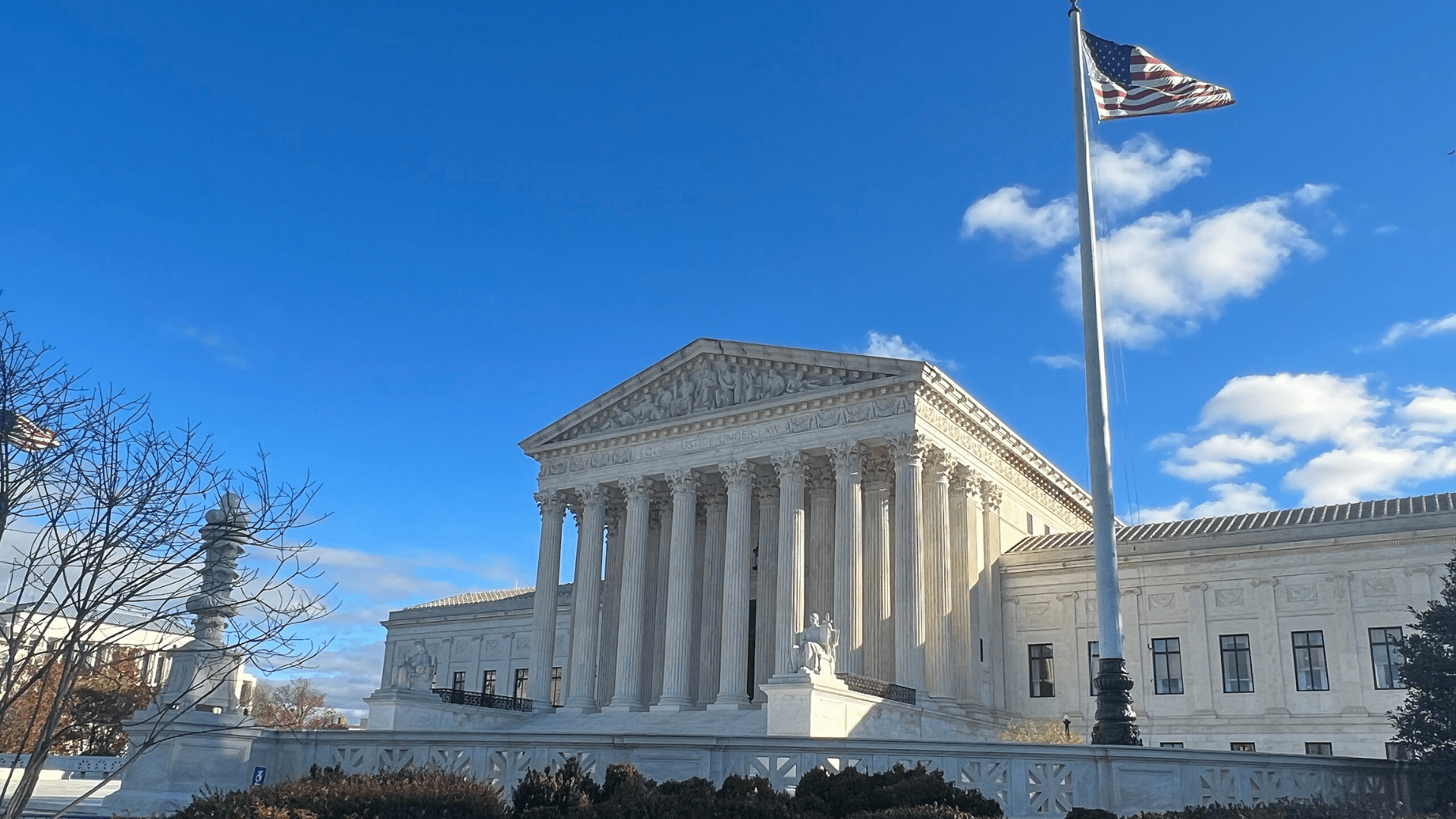
Pacamah/Wikimedia Commons
The case originated from a Californian woman who struggled to obtain a green card for her husband from El Salvador.
In the Interest of National Security
After a court unexpectedly denied his visa application, the Supreme Court justices voted on the matter, resulting in a 6-3 decision against the visa approval.
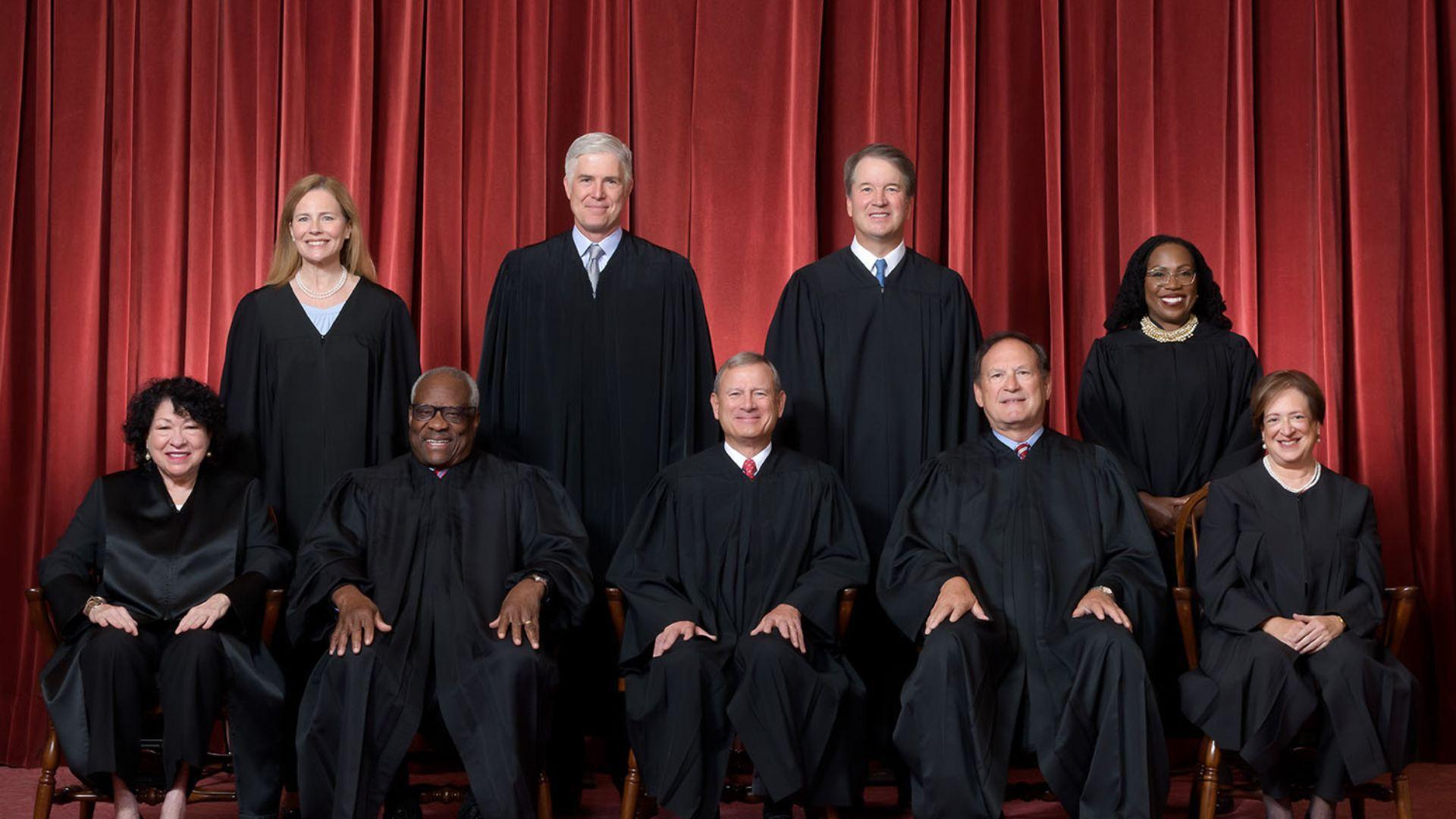
Source: Public Domain/Wikimedia Commons
Justice Amy Coney Barrett, speaking for the majority, explained that the decision considered various factors, including national security and foreign policies, rather than focusing solely on family unity.
Biden Opposed
President Joe Biden and his administration opposed the ruling.
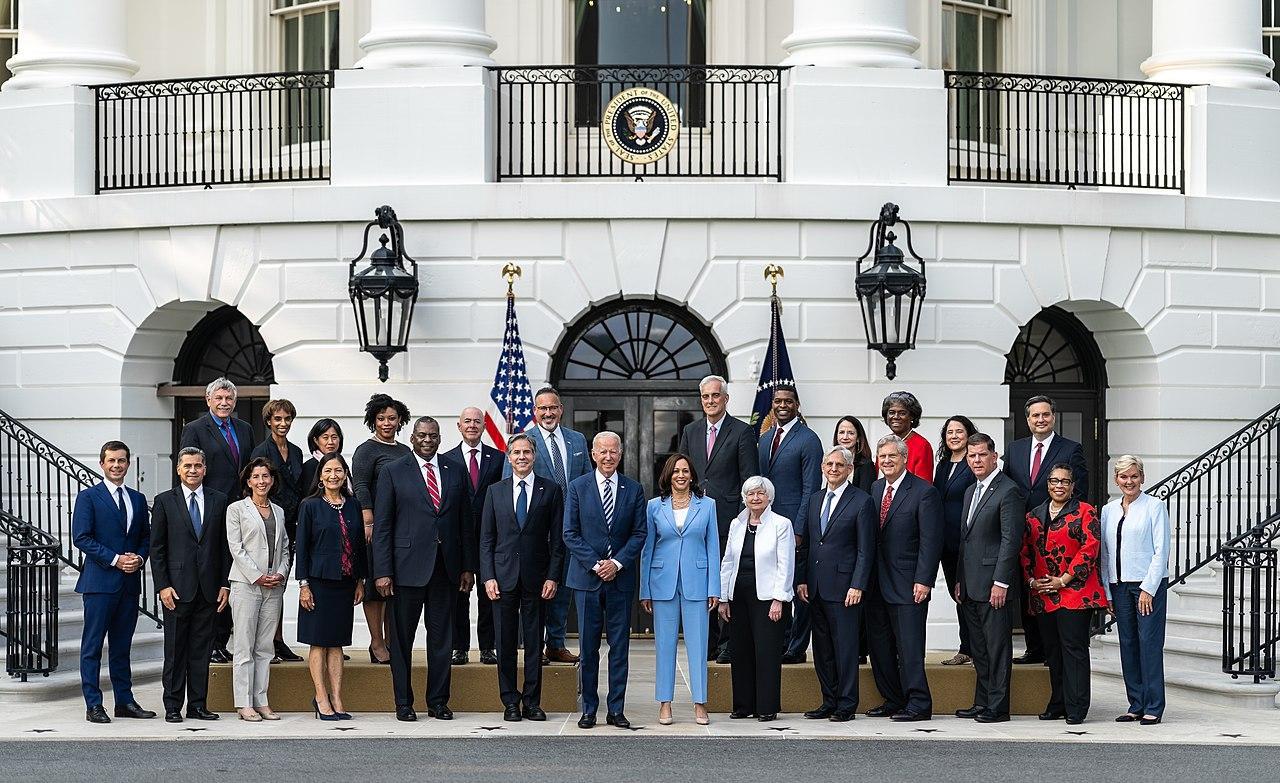
Source: Wikimedia
This intensified the debate on U.S. immigration policies and drawn criticism from citizens and immigration rights groups.
How it Started
Sandra Muñoz, a Californian workers’ rights attorney, is the woman at the center of the case.

Source: @RepLindaSanchez, X
She married Luis Asencio-Cordero, a Salvadoran, in 2010.
Re-entry Denied
Their legal battle began when Asencio-Cordero’s visa application faced numerous obstacles and delays.
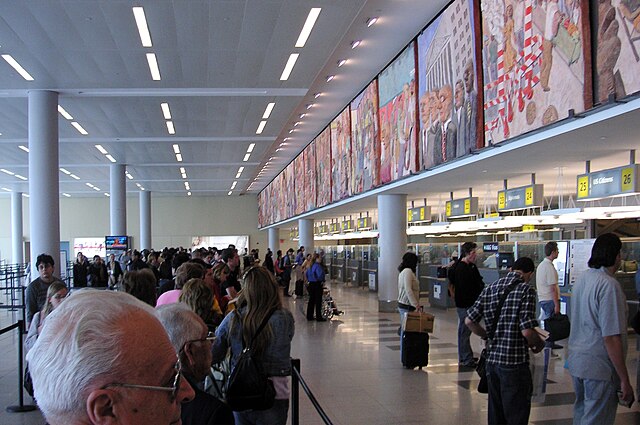
Source: Wikimedia
In 2015, he returned to El Salvador for a visa interview, only to be denied re-entry to the U.S. due to alleged potential illegal activities.
Suspected Gang Affiliation
Upon being denied re-entry, no clear reason was provided.
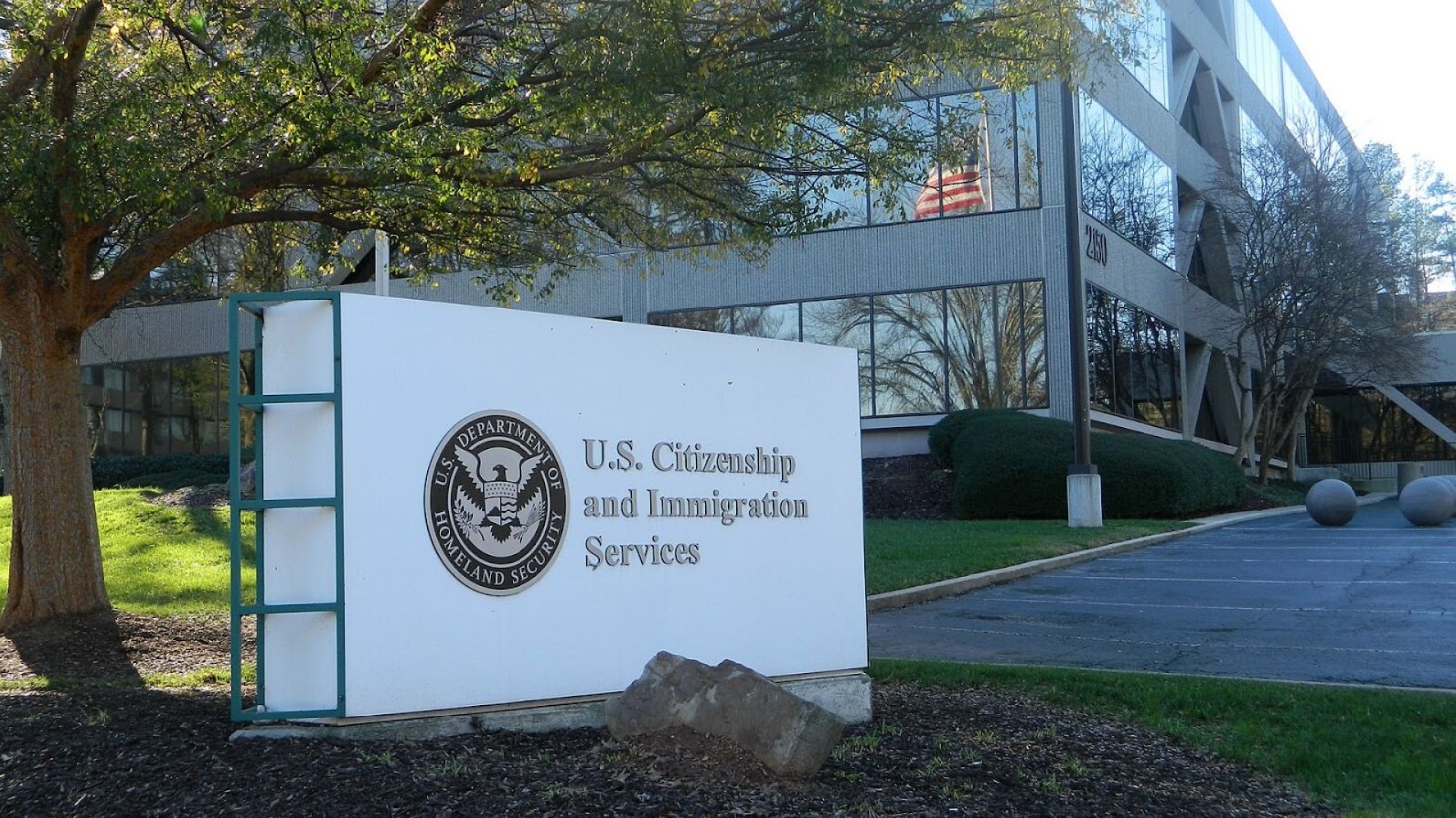
Source: Wikimedia Commons
It was later revealed that a consular officer flagged his application because of his tattoos, suspecting gang affiliations.
Explanation Wanted
Asencio-Cordero, however, argued that his tattoos represented his intellect, beliefs, and faith, not gang membership.
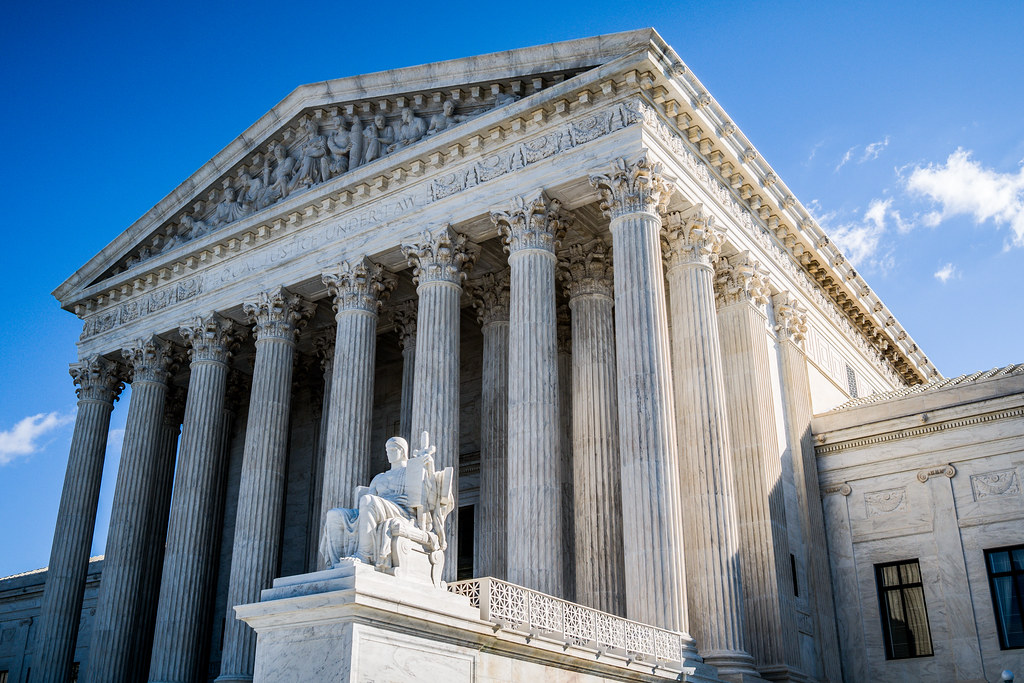
Source: Phil Roeder/Flickr
In 2022, the Ninth Circuit Court of Appeals ruled in favor of Muñoz, recognizing her right to a proper explanation for the visa denial.
Visa Approval Not Guaranteed
However, the Supreme Court overturned this decision.
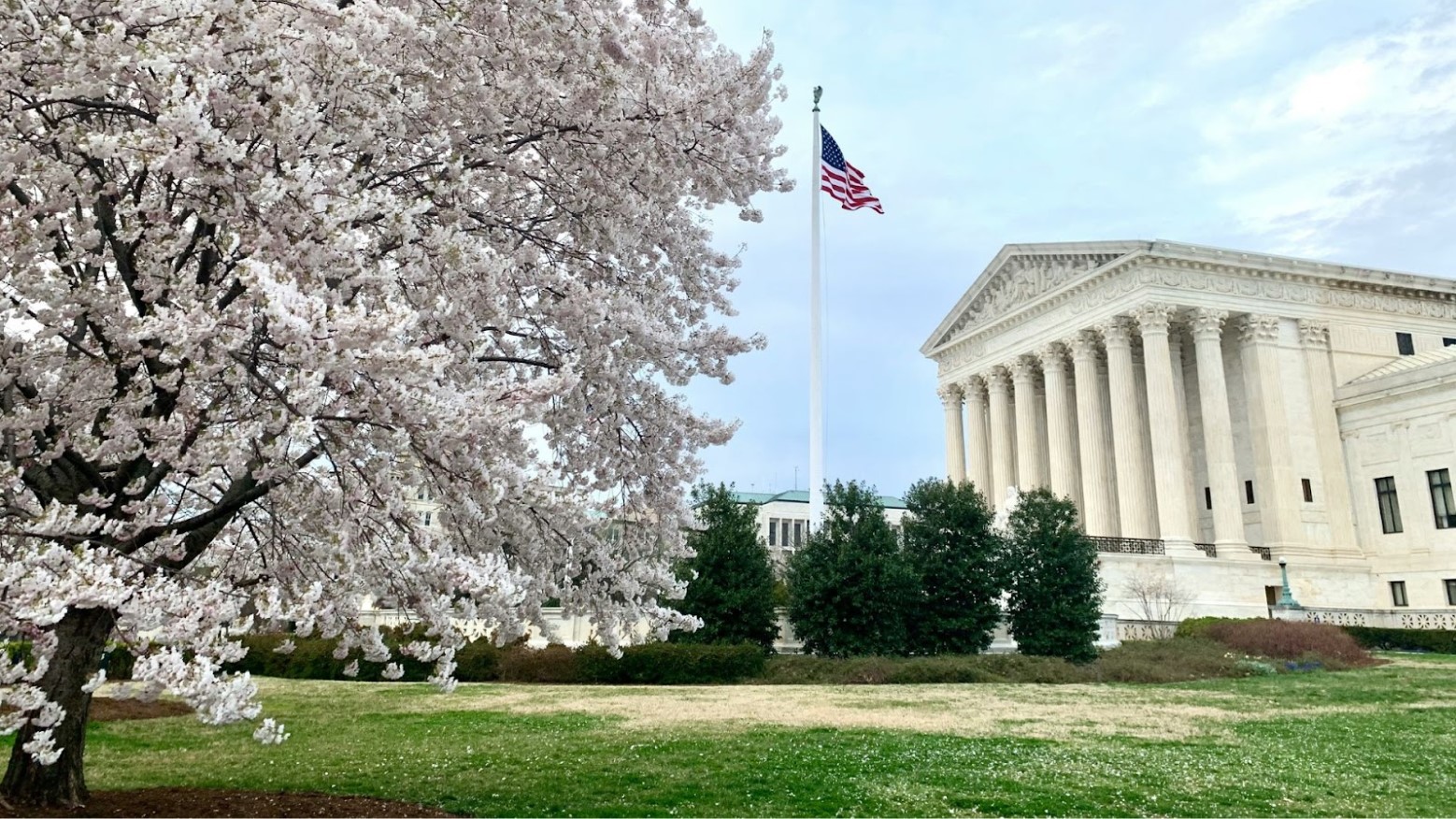
Source: Bill Mason/Unsplash
It was stated that Muñoz did not have legal standing in her husband’s application and that noncitizens are not entitled to automatic visa approval through their U.S. citizen spouses.
Impact on Similar Cases
This ruling prevents Muñoz from appealing the decision and is seen as potentially impacting many others in similar situations.
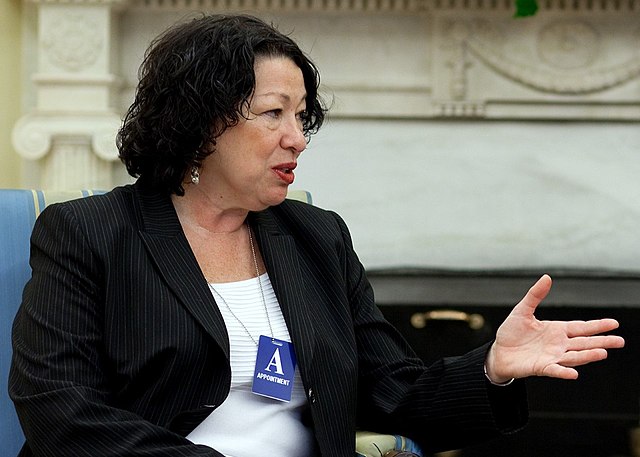
Source: Pete Souza, Wikimedia
Justice Sonia Sotomayor dissented from the majority.
Unjustly Separates Spouses
Sotomayor argued that the administration should provide clear reasons for visa denials and warned that the decision could adversely affect economically vulnerable couples and same-sex marriages.

Source: Vera Arsic/Pexels
Advocates, including Charles Roth, a supporter of immigrant justice, have criticized the ruling, stating that it unjustly separates spouses without legal recourse or review.
Contrast to Biden’s New Policy
The ruling came as President Joe Biden introduced a new policy aimed at simplifying the residency process for noncitizens married to U.S. nationals.
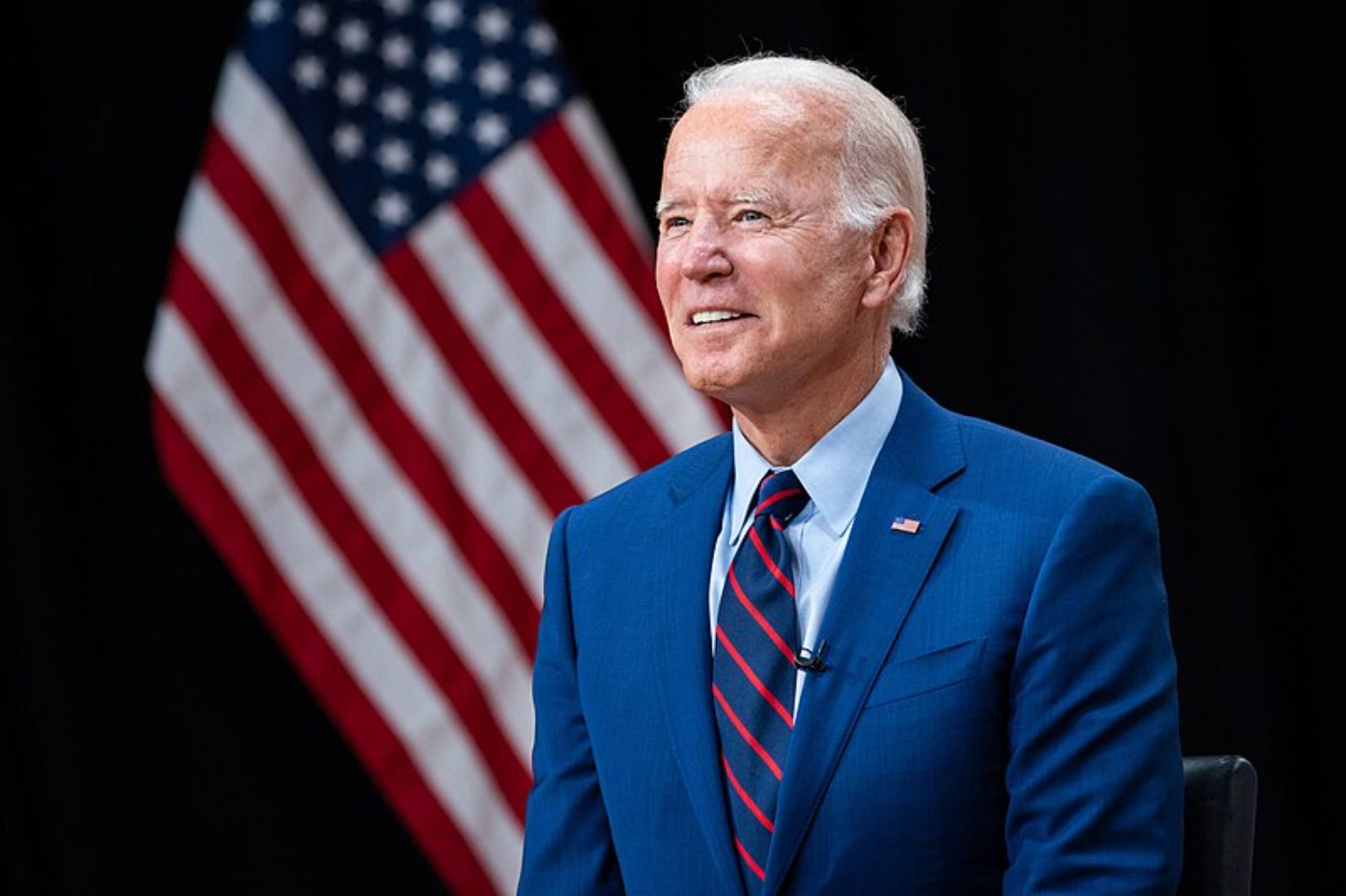
Source: Wikimedia
However, the Supreme Court’s verdict will likely limit the number of people who can benefit from this policy, leaving individuals like Muñoz facing continued challenges with immigration.
